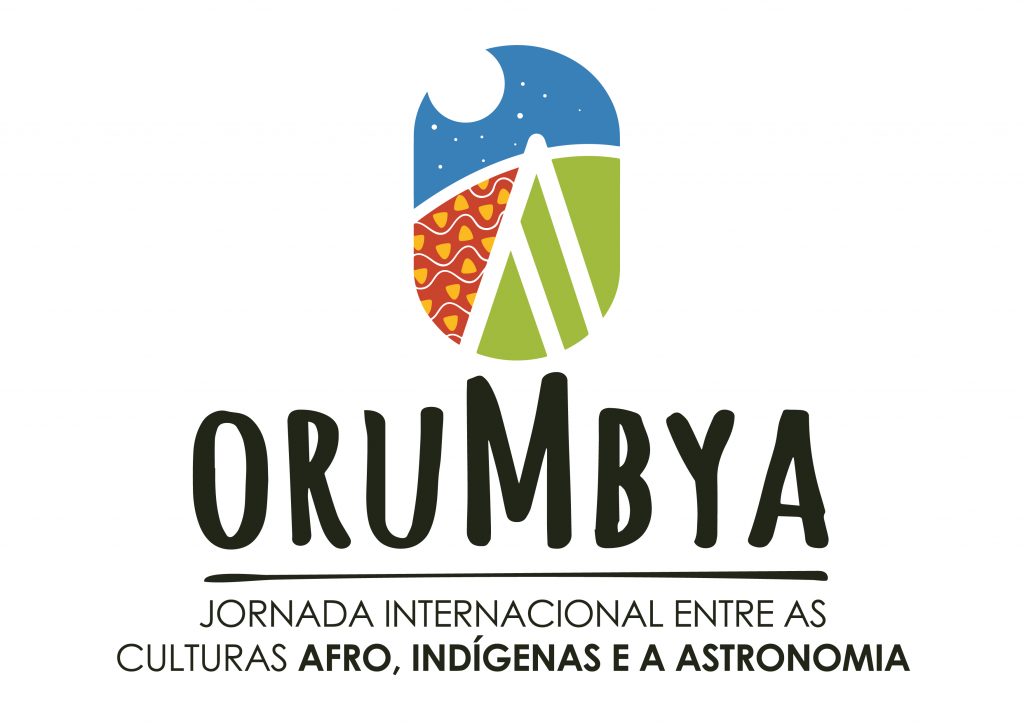The OruMbya project organized its third online workshop in July 2021. The project uses astronomy’s connection to indigenous cultures as a developmental tool, addressing educational, ethnic-racial, gender, class and accessibility issues.
OruMbya (Orum, sky in Yorubá, and Mbya, Brazilian Guarani ethnicity) is a pilot project to celebrate Astronomy as the fuel of life, in which the stories of the stars are preserved in the resilience of people from 3 different continents. Brazil, Mozambique, Portugal, Cape Verde and Angola.
The project, organized by the Valongo Observatory (OV) and Casa da Tia Ciata (ORTC), is establishing a scientific-cultural dialogue, including not only technical aspects of astronomy, but focusing on its use in different cultures as a development tool. It aims to give visibility to the historically excluded, and establish connections with other continents. Its meetings consist of lecture on a topic of astronomy and a cultural exposition with art, music and history on Afro and indigenous cultures, and their contributions to Brazilian culture.
The project recently organized its third public workshop to promote intercultural education and literacy among university students, scientists, schoolchildren, and the general public, as well as quilombos and indigenous people from different communities. The workshops improve their access to astronomical topics and STEM issues seen in different cultural paradigms.
“Although Brazilian astronomy is international, from the point of view of culture, education, diversity, inclusion and equity in the country, women and blacks are under-represented in the sciences.”

